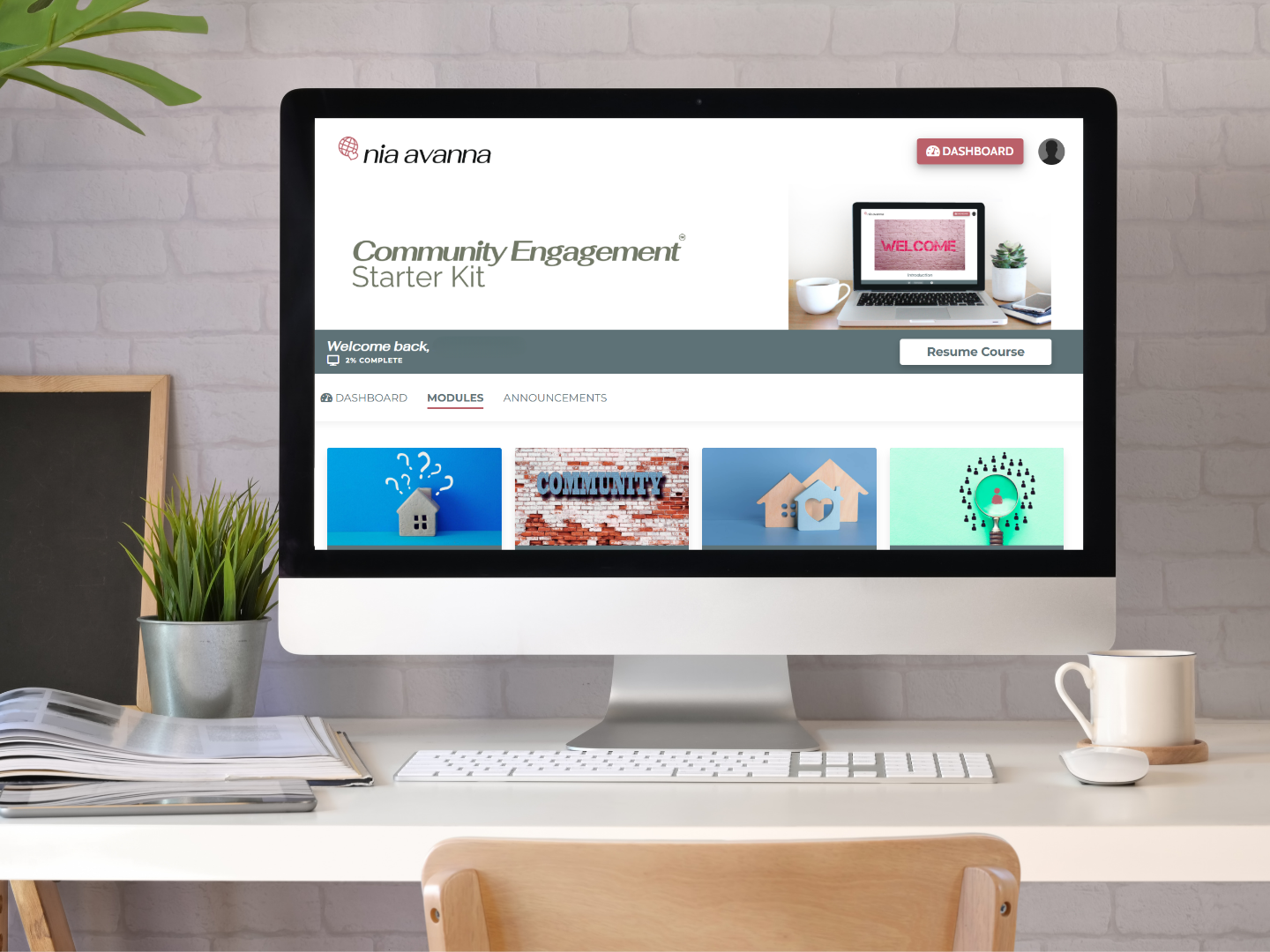
Want to reduce community complaints? Start engaging before it’s too late
Jul 15, 2025It usually starts with one complaint.
A neighbour rings the reception desk to ask why no one mentioned the lorry deliveries after hours.
A councillor forwards a message from a resident who’s concerned about damage to the verge near your entrance.
A parent posts in a local Facebook group asking if the business is doing work near the boundary fence, as some of the trees have been cut back and it looks different on the school run.
You start off thinking it's nothing to worry about. No one is staging a protest or calling the press just yet. But a few more people start to comment, and before long, you’re fielding calls, drafting responses, and trying to work out what exactly went wrong.
What started as a small issue has now taken up your time, pulled in other team members, and made you wish you’d handled it differently from the start.
What if you had let people know about the problem in advance?
What if you had already built relationships with community leaders who could have helped get the word out?
What if you had worked on building a relationship with your neighbours so they were inclined to be more understanding when operations temporarily affected them?
That’s the problem with only engaging with the community once something becomes an issue. You end up constantly stuck in fix-it mode, which is time-consuming, draining, and often gives the impression that you don’t really care about the impact the business has on the local community unless people complain.
When someone finds out about a change only after it has affected them, whether that’s increased noise, early or late deliveries, blocked access, or disruption to a local footpath, it naturally leads to frustration. This is particularly true when the situation could have been avoided with a simple update or conversation beforehand. Over time, these experiences start to shape how people see your business. They begin to question why they weren’t told earlier, whether their concerns were considered, and whether anything would have changed if they hadn’t spoken up.
Even with a fair explanation, the lack of communication in advance can leave people feeling sidelined or dismissed. It gives the impression that the business only listens when challenged and doesn’t take local concerns seriously unless pushed to respond.
Being on the back foot only makes things harder
When something goes wrong, whether it’s a miscommunication, an oversight, or a decision or disruption that wasn’t communicated, you now have to pick up the pieces. Without a plan in place or a clear approach to follow, the response can end up being rushed, inconsistent, or handled differently depending on who is dealing with it.
You’re left asking the same questions each time.
Who needs updating?
What did we say before?
Why don’t we have a process for this?
How should we communicate it?
While these questions are being answered, people in the local community are already drawing conclusions. They begin to question why they were not informed earlier, why no one seemed to anticipate their concerns, and whether anything would have been done differently if they had not raised it themselves.
Once that perception takes hold, it becomes much harder to change. In some cases, mistrust can come from a single incident, especially if people feel ignored or dismissed. In others, it builds over time through repeated experiences where people feel left out of decisions that affect them. Either way, rebuilding that trust takes time, care, and consistency, far more than it would have taken to prevent the issue from escalating in the first place.
Letting neighbours know when something might affect them is not just good practice. It is a basic expectation. It shows that the business is aware of its local impact, has considered how people might be affected, and is willing to communicate openly before problems arise. This kind of approach builds credibility and makes it much easier to have constructive conversations when challenges do come up.
Having a plan in place makes everything easier
This is why we encourage businesses to plan their approach to community engagement before there’s a problem to solve. It doesn’t mean you’ll never face a complaint or that you’ll catch every potential issue in advance, but it does mean you’ll be better equipped to handle them and more likely to prevent some of them altogether.
Planning ahead gives you breathing room. It helps you think through what the likely concerns might be, how your activities could be perceived, and where your responsibilities lie. It also gives you time to build a reputation as a business that communicates well, considers its local impact, and takes people’s concerns seriously.
When you take that proactive approach, the tone of conversations shifts. Instead of “Why weren’t we told?” you’re more likely to hear “Thanks for letting us know.” Instead of anger or confusion, you’re met with questions, curiosity, or even appreciation. Then when something does go wrong, as it inevitably will at some point, you’re not starting from scratch as you’ve already built up a level of trust.
The best time to start thinking about your engagement strategy is when there are no issues
It’s easy to think this isn’t something you need to worry about if complaints are rare. If the business is running smoothly and there’s no immediate pressure, community engagement can slip down the list of priorities. It’s understandable, but it’s also the perfect time to start planning your approach.
When you’re not under pressure, you can take the time to get things right. You have the time to find out who your local stakeholders are, review your current approach, and put a plan in place that reflects your business priorities and the needs of the community. You can make space for conversations with neighbours so your interactions aren’t just reactive, and become conversations that help people feel informed, considered and included.
It also gives you the confidence to handle more difficult issues when they do arise. You’re no longer reliant on a last-minute email chain or a rushed meeting to agree your response. You’ve already thought through your approach. You already know who needs to be involved and you’ve already established a pattern of communication that makes it easier to explain what’s happening and why.
This is exactly why we created the Community Engagement Starter Kit

The Community Engagement Starter Kit is designed to help businesses move out of that reactive cycle and put a structured, more manageable, and ultimately more effective plan in place.
It’s a comprehensive online resource for organisations that want to engage with the local community in a way that reflects who they are, how they operate, and what really matters to the people around them.
Whether you’re just starting to think about how your business shows up locally, or you’ve been responding to requests and complaints for a while without a consistent approach, the kit will help you:
-
Understand the full picture of how your operations affect the local area
-
Identify the people and organisations you need to keep informed and how best to reach them
-
Develop a consistent communication strategy that feels right for your business
-
Plan how you’ll respond to questions, complaints, or concerns in a way that builds trust
-
Shape your charitable giving or local volunteering so it’s relevant, transparent and aligned with your values
The Community Engagement Starter Kit is a practical toolkit that helps you think things through, step by step, so you’re not constantly having to improvise when issues arise.
It gives you the tools to engage more confidently and the structure to make community engagement part of your day-to-day operations.
Final thoughts
Community engagement becomes more difficult when you only do it in response to a problem. By the time someone raises a complaint, frustrations have already built up and people may already be questioning your intentions.
Having a plan in place makes it easier to communicate clearly, respond appropriately, and avoid unnecessary tension. It gives you a structure to work from, so you are not relying on rushed decisions or inconsistent approaches. It also helps make sure that local concerns are considered as part of everyday operations, rather than being treated as an afterthought.
The businesses that take this approach tend to have fewer complaints, stronger local relationships, and more confidence when difficult situations come up. It shows a willingness to listen, an understanding of the local environment, and a readiness to take responsibility when something needs to be addressed.
The Community Engagement Starter Kit has been created to help you build those foundations. It gives you the tools to think through your approach, make decisions with confidence, and strengthen your relationship with the people around you before a complaint ever needs to be made.
Ready to start engaging with the community with more confidence and less guesswork? The Community Engagement Starter Kit is available now. Click here for more information.
Subscribe to the Community Edit
By signing up to our newsletter, you’ll also be added to the Nia Avanna mailing list, where we share practical insights and tips to help you build stronger relationships with your local community, along with details of our products and offers. You can unsubscribe at any time. See our privacy notice for terms and conditions and to learn how we protect your data.


